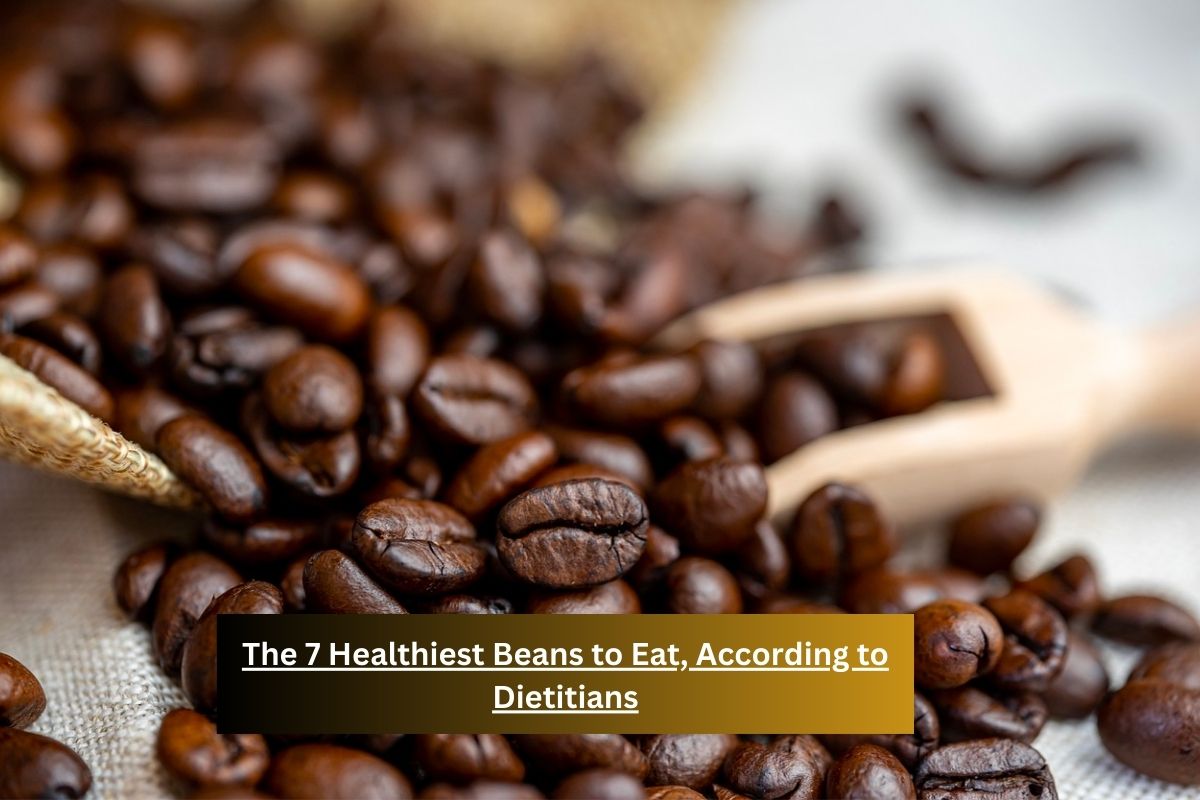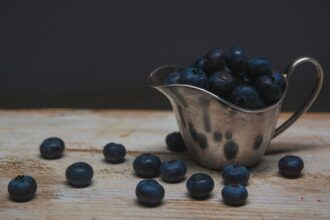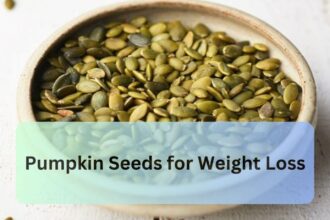When it comes to nutritious and delicious food options, beans have certainly earned their place on the table. Packed with essential nutrients, fiber, and plant-based protein, beans offer a plethora of health benefits that contribute to a well-rounded diet. In this comprehensive guide, we’ll delve into the world of beans and highlight the seven healthiest beans that you should definitely consider incorporating into your diet, based on insights from registered dietitians.
1. Black Beans
Nutrient-Rich Powerhouses
Black beans, often referred to as turtle beans, are a true nutritional powerhouse. These beans are rich in antioxidants, particularly anthocyanins, which contribute to their dark hue. Additionally, black beans are an excellent source of dietary fiber, which aids in digestion, promotes a feeling of fullness, and helps regulate blood sugar levels.
Health Benefits
The combination of fiber and protein in black beans can support weight management and heart health. The soluble fiber content helps lower cholesterol levels, while the iron and folate present are essential for maintaining healthy blood production and supporting overall energy levels.
2. Chickpeas (Garbanzo Beans)
Versatile and Protein-Packed
Chickpeas, also known as garbanzo beans, are widely recognized for their versatility and high protein content. These legumes are an excellent plant-based protein source for vegetarians and vegans alike.
Health Benefits
Chickpeas are rich in vitamins and minerals such as folate, iron, phosphorus, and B vitamins. Their high fiber content supports digestive health, and their low glycemic index makes them suitable for managing blood sugar levels. Moreover, chickpeas contain compounds like saponins and polyphenols that have anti-inflammatory and antioxidant properties.
3. Lentils
Tiny but Nutrient-Dense
Lentils come in various colors, including green, brown, red, and black, each offering its unique flavor and nutrient profile. These legumes are a significant source of plant-based protein and are highly versatile in cooking.
Health Benefits
Lentils are low in fat and high in fiber, making them an excellent choice for promoting gut health and aiding in digestion. They are also packed with essential minerals like potassium, iron, and magnesium. Their polyphenol content contributes to reducing the risk of chronic diseases, and their folate content is particularly beneficial for pregnant individuals.
4. Kidney Beans
Vibrant and Nutrient-Dense
Kidney beans, named for their kidney-like shape, are not only visually appealing but also offer a range of health benefits. These beans are a valuable source of plant-based protein and various essential nutrients.
Health Benefits
Kidney beans contain a high level of antioxidants, including flavonoids and anthocyanins, which contribute to their vibrant color and offer protective effects against oxidative stress. They are also an excellent source of molybdenum, a trace mineral that plays a role in detoxification processes. The combination of fiber and protein makes kidney beans beneficial for weight management and heart health.
5. Navy Beans
Creamy Texture, Abundant Benefits
Navy beans, also known as white beans, are beloved for their mild flavor and creamy texture. These beans are rich in fiber, protein, and various essential nutrients, making them a valuable addition to your diet.
Health Benefits
The high fiber content in navy beans supports digestive health and can contribute to satiety, making them a great option for weight management. Navy beans are also an excellent source of plant-based protein and provide substantial amounts of folate, manganese, and magnesium. These nutrients play essential roles in maintaining optimal bodily functions.
6. Pinto Beans
Delicious and Nutrient-Packed
Pinto beans are popular in various cuisines due to their earthy flavor and versatility in dishes. These beans are not only delicious but also offer an array of health benefits.
Health Benefits
Pinto beans are rich in fiber, which aids in promoting regular bowel movements and maintaining gut health. They are also a good source of protein, making them a valuable option for individuals seeking to meet their protein needs without relying on animal products. Additionally, pinto beans contain various vitamins and minerals, including folate, manganese, and potassium.
7. Cannellini Beans
Smooth and Velvety Goodness
Cannellini beans, often referred to as white kidney beans, stand out for their smooth texture and mild flavor. These beans are a popular choice in Mediterranean cuisine and offer unique health benefits.
Health Benefits
Cannellini beans are rich in dietary fiber, which supports digestive health and can contribute to improved cholesterol levels. They are also a good source of plant-based protein, making them suitable for individuals looking to adopt a more plant-focused diet. Additionally, these beans provide essential nutrients like iron, magnesium, and B vitamins.
Conclusion
Incorporating beans into your diet can bring a wide range of health benefits, from promoting digestive health to providing essential nutrients for overall well-being. The seven beans discussed in this guide—black beans, chickpeas, lentils, kidney beans, navy beans, pinto beans, and cannellini beans—offer unique flavors, textures, and nutrient profiles that can enhance your culinary experience while supporting your health goals. Remember to explore various cooking methods and recipes to enjoy the diverse offerings of these nutritious legumes.






